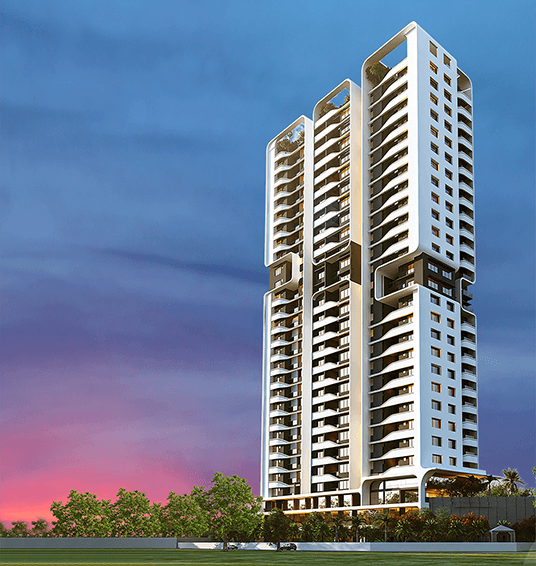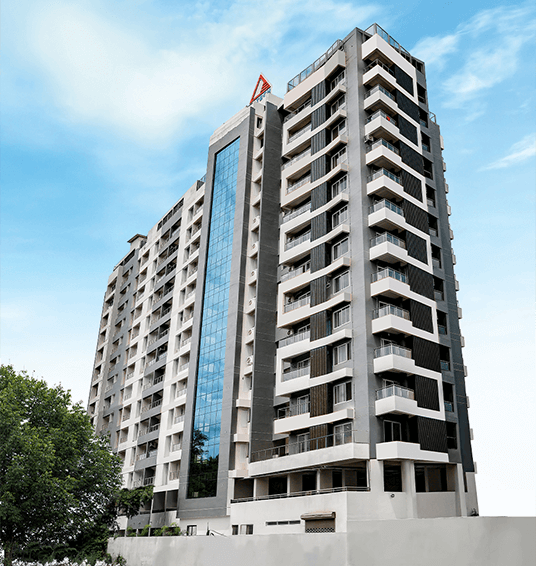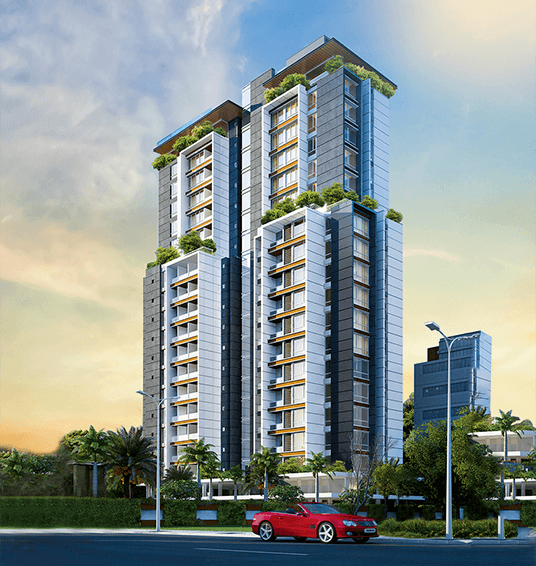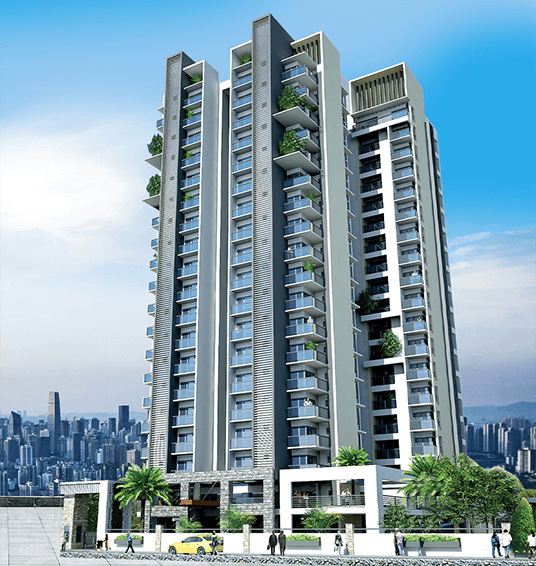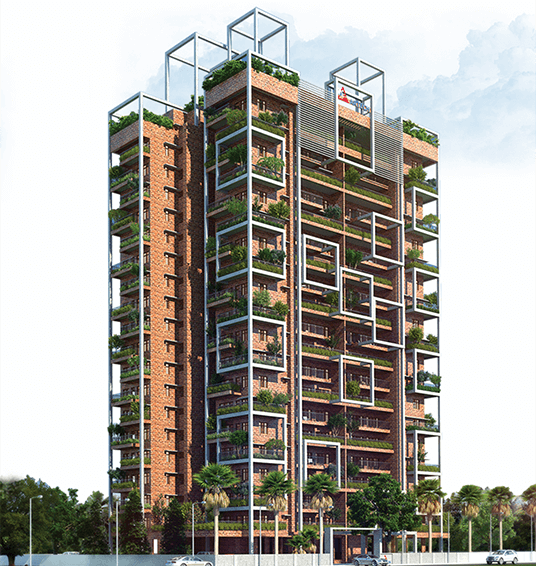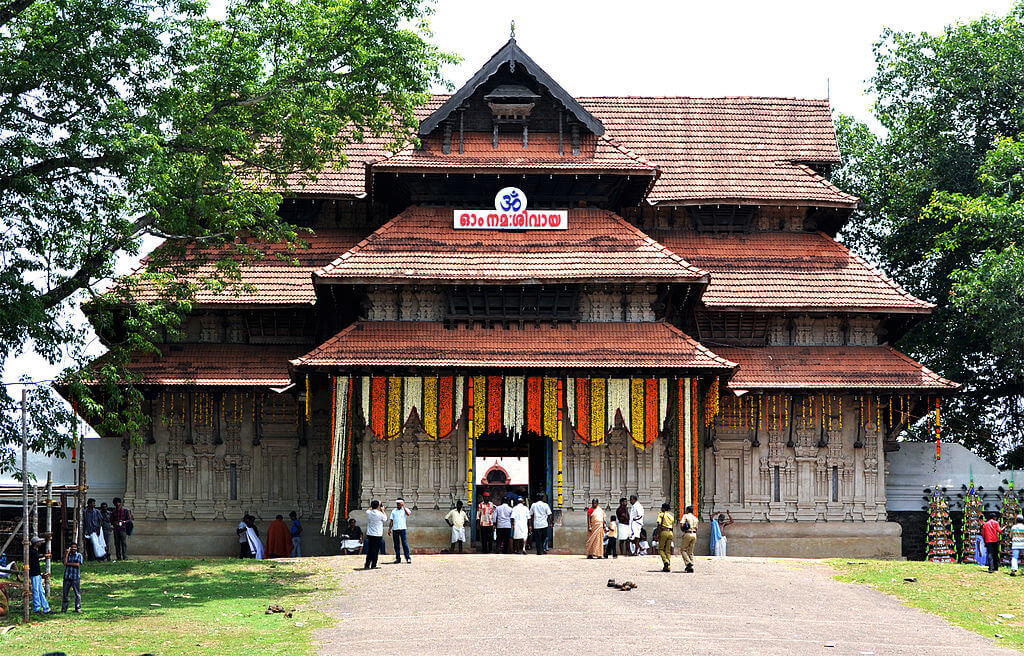
Located in central Kerala is the district of Thrissur, a rich receptacle of art, history, culture, religion and archeological remains. It came into existence in 1958 and is settled around a scenic hillock. The districts name is derived from the word ‘Thiru-Siva-Peruru’ and refers to Lord Shiva.
The very essence of Thrissur is shaped by the culture bequeathed by its history, finessed by its traditions and religion and honed over time. No wonder Thrissur is known as the ‘Cultural Capital’ of Kerala.
The district plays host to cultural centers including the Kerala Lalithakala Akademi, Kerala Sangeetha Nadaka Academy, and Kerala Sahitya Academy. It’s a hotbed of folk art performances, carnivals and heritage festivals that showcase the depth of tradition that Thrissur is steeped in. Here you will witness colorful pulikali performances like no other, majestically-dressed elephant parades and the renowned Thrissur Pooram festival. And all this happens to the non-stop rhythmic beat of the traditional ‘Chenda’. There is always a festive atmosphere in the air that showcases the true heart and spirit of this city.
However that’s not all, as many would have you believe that Thrissur isn’t the cultural center because of its arts academics and traditional festivals, but because of a more abstract and complicated reason too. The values of the land are believed to have been inculcated into its people by the broad outlook of the Cochin kings who ruled the people here. Many of the kings were distinguished scholars and respected and cared for their subjects irrespective of their cast, creed or religion. The same mentality still exists in the people of Thrissur, making them more cultured. The Thrissur Pooram is a shining example of this culture where people of all religions come together to celebrate this grand Hindu festival.
Thrissur is like a grand urban village where people lead uncomplicated lives and have the maturity to respect one another and accept each other’s differences. It’s a strong community of different religions that have created a culture of its own. The people have a history of having embraced Romans, Arabs, Dutch, Arab and the British, as well as their religions, making them more open-minded people.
In Thrissur, you will find India’s first church built in 51-52 AD by the apostle St. Thomas. You will also find the country’s first mosque – the Cheraman Juma Masjid built here in 629 AD. Aside from this, the famous Guruvayur temple is a popular pilgrimage spot here too.
And to experience all this culture firsthand all-year-round, why not settle down in this beautiful city that has so much on offer!






